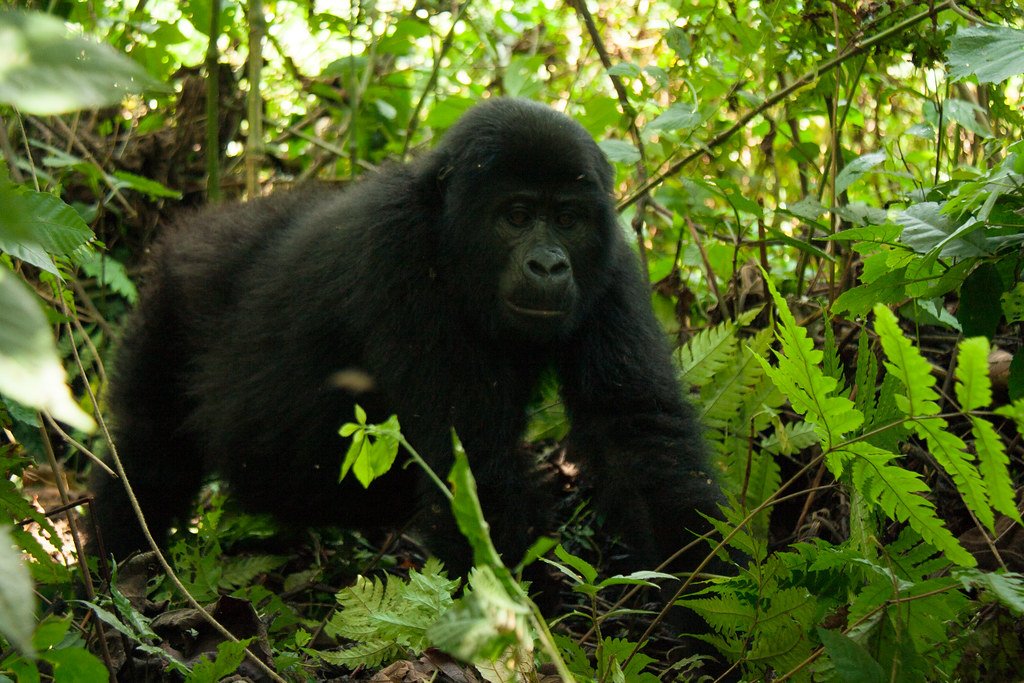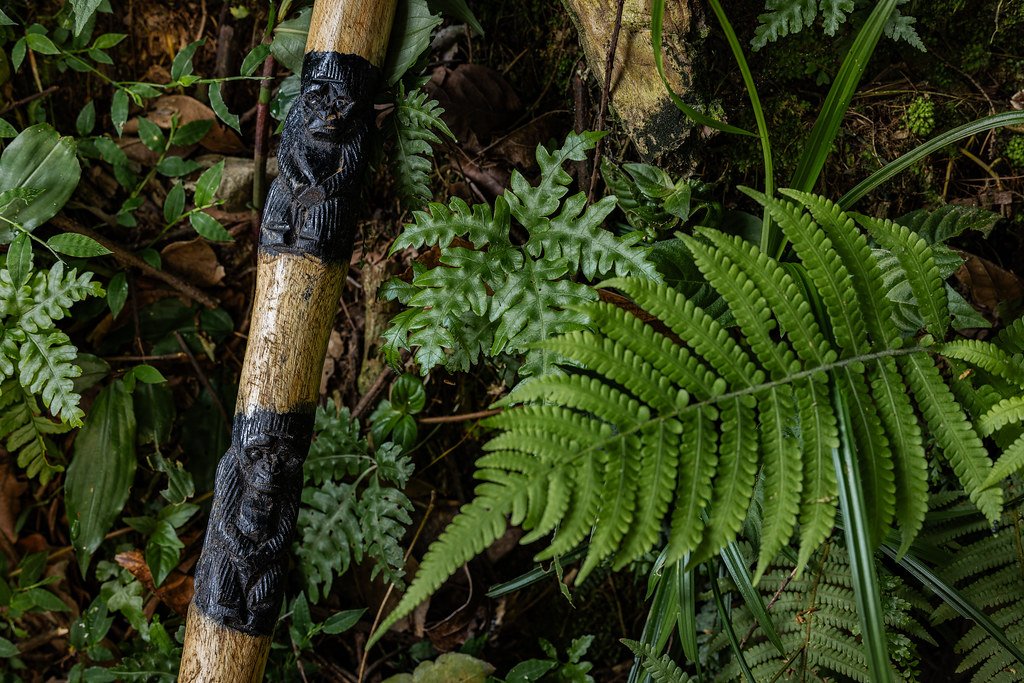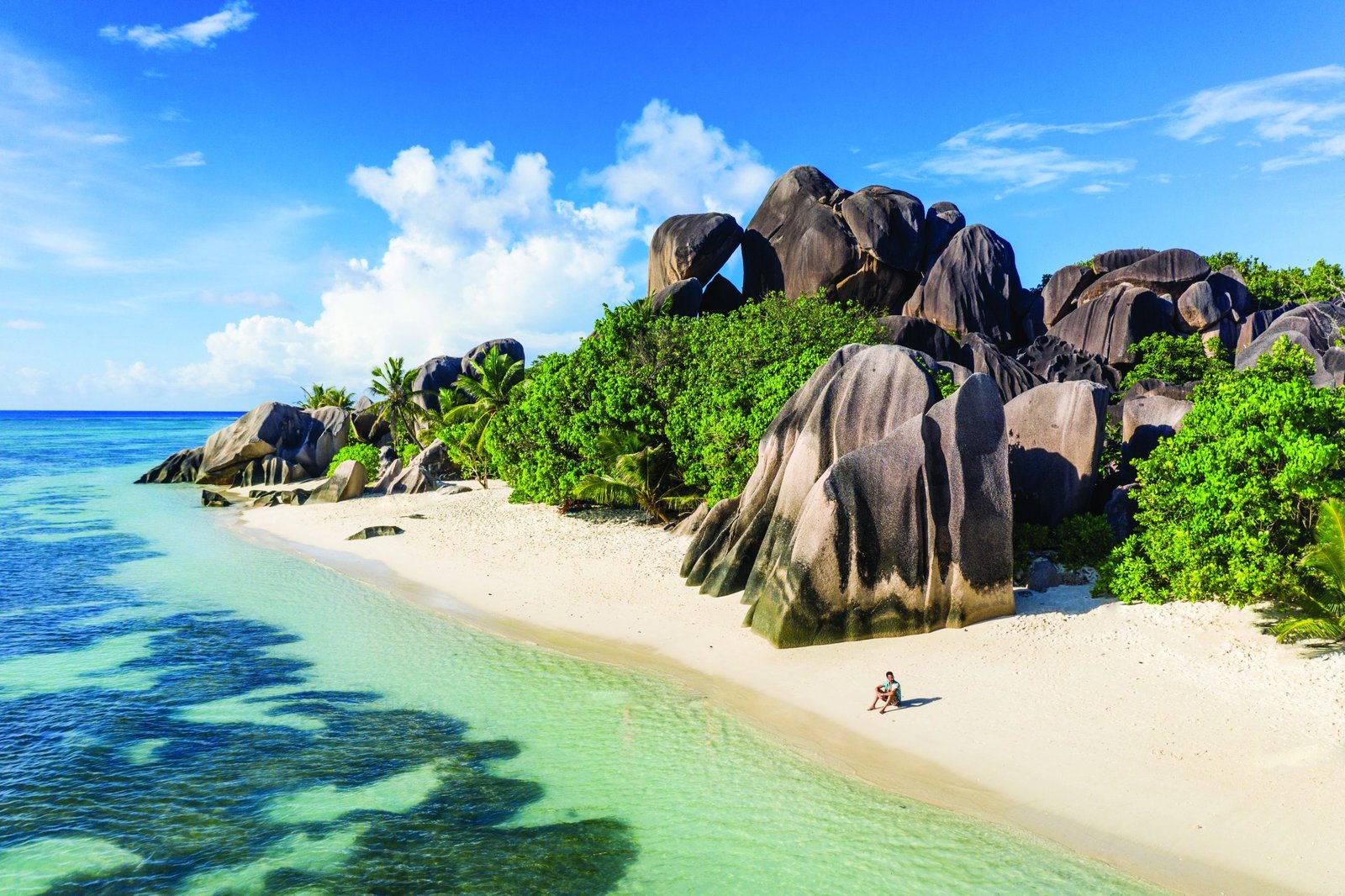Tipping in Bwindi National Park
Tipping practices can vary depending on the country and cultural norms. In the case of Bwindi Impenetrable National Park in Uganda, tipping is generally appreciated, especially if you receive good service from guides, rangers, porters, and other staff members.
While there might not be strict rules, here are some general guidelines for tipping in Bwindi National Park:

Guides and Rangers:
let’s delve deeper into the practice of tipping guides and rangers in Bwindi Impenetrable National Park.
- Service Provided: Guides and rangers play a crucial role in ensuring your experience in Bwindi National Park is safe, enjoyable, and educational. They lead you through the forest, provide information about the flora and fauna, and help you spot and observe wildlife, including the famous mountain gorillas. Their expertise and knowledge greatly enhance your overall experience.
- Responsibilities: Guides and rangers are trained professionals who are well-versed in the park’s ecology, wildlife behaviour, and conservation efforts. They are responsible for leading trekking groups, ensuring safety protocols are followed, and providing insightful information about the park’s unique features.
- Customary Practice: Tipping guides and rangers is a customary practice in many parts of the world, and it serves as a way to show appreciation for their hard work and dedication. Tipping acknowledges their efforts to make your experience memorable and contributes to their livelihoods.
- Tipping Range: The suggested tipping range of $5 to $10 per person per day reflects the level of service and expertise provided by guides and rangers. If you feel that the guide or ranger went above and beyond to enhance your experience, you might consider tipping toward the higher end of the range. On the other hand, if you were satisfied with the service but it didn’t significantly exceed your expectations, a tip toward the lower end of the range could still be appropriate.
- Local Economy: Tipping guides and rangers not only rewards them for their efforts but also contributes positively to the local economy. Many guides and rangers come from nearby communities, and your tips can have a direct impact on their families and the local community’s well-being.
- How to Tip: Tipping can be done in cash, preferably in the local currency (Ugandan Shillings), or in US dollars. It’s a good idea to carry small denominations for tipping purposes. You can hand the tip directly to the guide or ranger, or you might inquire if your lodge or tour operator has a designated tipping box where you can leave the tips for distribution among the staff.
- Feedback and Recognition: In addition to tipping, providing positive feedback and expressing your gratitude to the guide or ranger can be highly motivating and rewarding for them. If you have a particularly great experience, consider mentioning their name in any reviews or feedback forms provided by your tour operator or lodge.
Remember that while tipping is customary, it’s ultimately a personal decision, and you should base your tip on your own assessment of the service provided. The goal is to acknowledge and appreciate the hard work of these individuals who contribute to making your time in Bwindi National Park unforgettable.
Porters:
If you hire porters to help carry your luggage or equipment during gorilla trekking or other activities, it’s considerate to tip them as well. let’s expand on the practice of tipping porters when you hire them to assist you during activities like gorilla trekking or other adventures in Bwindi Impenetrable National Park:
- Importance of Porters: Porters are local community members who provide valuable support to visitors by carrying heavy bags, equipment, and other items during treks. In a challenging terrain like Bwindi, their assistance can significantly enhance your experience by allowing you to focus on enjoying the surroundings and wildlife.
- Physical Demands: The terrain in Bwindi can be rugged and steep, and having a porter to help carry your belongings can make the trek more comfortable and enjoyable. Porters are often accustomed to these conditions and can handle the physical demands with ease.
- Economic Impact: Hiring porters not only benefits you as a visitor but also has a positive impact on the local economy. Your payment for porter services directly contributes to the livelihoods of these individuals and their families, providing them with valuable income.
- Tipping as Appreciation: Tipping porters is a way to show your appreciation for their assistance and the role they play in making your trekking experience more enjoyable. It’s a gesture of gratitude for their hard work and support throughout the journey.
- Tipping Range: The suggested tipping range of $5 to $10 per porter is a reasonable amount to consider. The actual amount within this range can depend on factors such as the weight of the items they carry, the level of assistance provided, and your overall satisfaction with their services. If the porter goes above and beyond to make your trek memorable, you might consider tipping toward the higher end of the range.
- Direct Tipping: When you hire a porter, you can hand the tip directly to them at the end of the trek. This personal interaction allows you to express your gratitude directly and provides an opportunity for them to thank you as well.
- Communication: If you have specific preferences or expectations for the level of assistance you require from the porter, it’s a good idea to communicate your needs clearly at the beginning of the trek. This ensures that both parties have a clear understanding of the arrangement.
- Group Tipping: If you are trekking with a group and multiple porters are assisting, you can distribute tips individually or collectively, depending on your preference. If distributing collectively, you can provide the total tip to one porter, and they can divide it among themselves.
- Local Currency: It’s a good practice to carry small denominations of local currency (Ugandan Shillings) for tipping purposes. This makes it easier for you to provide tips and ensures that the porters can access the funds more conveniently.
Remember that while tipping porters is customary and appreciated, it’s important to respect their services and contributions. Treat them with kindness and consideration, and your appreciation will be warmly received.
Lodge Staff:
If you’re staying in a lodge or accommodations near the Bwindi park, you might consider tipping the staff who provide services during your stay, such as housekeeping and restaurant staff. The amount could be a few dollars per day.
Drivers and Transportation Staff:
Let’s delve further into the practice of tipping drivers and transportation staff when you hire their services to get to and from Bwindi Impenetrable National Park:
- Role of Drivers and Transportation Staff: Drivers and transportation staff play a crucial role in ensuring your safe and comfortable travel to and from Bwindi National Park. They navigate challenging roads, provide transportation, and often offer valuable insights about the local area.
- Responsibilities: These individuals are responsible for your transportation needs, which can include picking you up from your accommodation, driving you to the park, and providing transport for other activities. They ensure you reach your destination on time and in good condition.
- Tipping as Recognition: Tipping drivers and transportation staff is a way to recognize and appreciate their efforts in making your travel experience smooth and enjoyable. Your tip acknowledges their professionalism, attentiveness, and the quality of service they provide.
- Tipping Range: The suggested tipping range of $5 to $10 per person per day provides a reasonable guideline for tipping drivers and transportation staff. The specific amount within this range can depend on factors such as the distance travelled, the duration of the journey, and the level of service you received.
- Group vs. Individual Tipping: If you are traveling as part of a group, you can consider tipping collectively or individually. If tipping collectively, you can pool funds from group members and provide the total tip to the driver. Alternatively, you can provide individual tips to each driver or staff member.
- Quality of Service: Consider the quality of service you received when determining the appropriate tip. If the driver was particularly helpful, attentive, or went out of their way to make your journey more enjoyable, you might consider tipping toward the higher end of the range.
- Tipping Occasions: You can offer the tip at the end of each day’s transportation service, or if you have the same driver for multiple days, you might consider giving the tip at the conclusion of your time together.
- Local Currency: It’s a good practice to carry small denominations of local currency (Ugandan Shillings) for tipping purposes. This makes it easier for you to provide tips, and the drivers and staff can access the funds more conveniently.
- Expressing Gratitude: Along with the tip, expressing your gratitude verbally can also go a long way in showing appreciation for the driver’s efforts. A simple thank you or a few words of appreciation can make a positive impact.
- Feedback: Providing feedback about your driver’s performance to their supervisor or the tour operator can also be valuable. Positive feedback can motivate the driver and contribute to their professional growth.
Remember that tipping is a personal gesture of appreciation, and while the suggested range provides guidance, you should tailor the tip based on your own assessment of the service provided. Your thoughtfulness and consideration will be warmly received by the drivers and transportation staff.
Community Donations:
Some lodges or tour operators support local community initiatives, schools, or conservation projects through donations. You might have the option to contribute to these efforts, and any amount you’re comfortable with can make a positive impact.
Remember that these are just suggested guidelines, and the actual tipping amount should depend on your satisfaction with the services provided and your own budget. It’s a good practice to carry small denominations of local currency to facilitate tipping, as not everyone might have easy access to card payments.
Always consider the local customs and culture when tipping, and feel free to ask your tour operator or lodge staff for guidance on appropriate tipping practices in Bwindi National Park.



